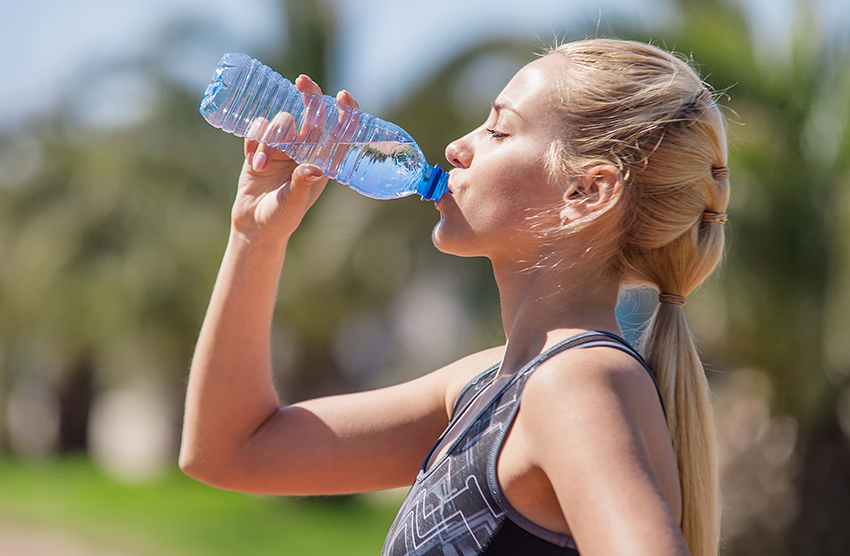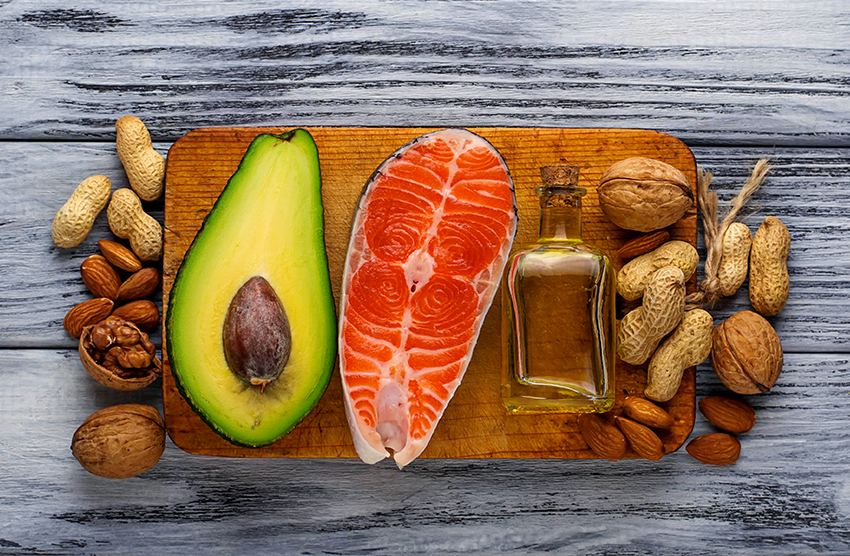It’s something I can’t repeat enough: regular physical activity is incredibly important. To better prepare your body for exercise and discover all the secrets to post-work recovery, here’s the eighth topic of our article series, Food as Medicine.

When you work your muscles, you certainly burn calories, but you also lose water and significantly boost your metabolism. To ensure that your body has enough energy during exercise, your body needs micronutrients (as I mentioned earlier), especially those from the vitamin B complex that are found in whole grain products and legumes, antioxidant vitamins that are found in fresh vegetables and healthy fat.
Your body also needs to eliminate waste produced during exercise. That’s why drinking enough water is key: 1.5 liters of water per day (with an extra 500 ml per hour of exercise). It’s better to drink spring or mineral water mineral that’s low in sodium on a daily basis.
For better recovery and to help you fall asleep, have vegetarian or lacto-oco vegetarian dinner:

Eating enough omega-3 is vital in order for you to properly recover from your workout, to optimize your athletic performance and to soothe inflammation due to an injury, infection or illness. In fact, prostaglandins (the molecules that control inflammation), are created straight from the fat on your plate. Omega-3 creates anti-inflammatory agents, unlike omega-6, which produces pro-inflammatory agents.
Now that you’re drinking enough water and eating enough omega-3, it’s time to boost your body’s magnesium levels. We’ll cover this topic in the next article! Stay tuned!
Join the 7 million users already registered on FizzUp
Join us